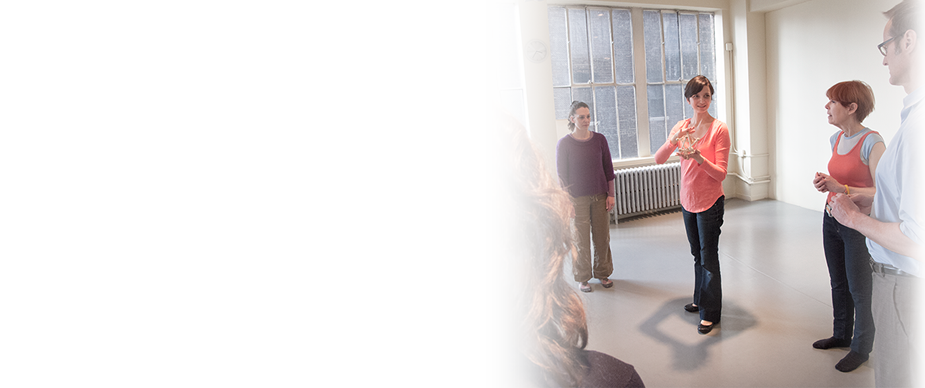Better Posture when Using Your Hands
/When you think of improving posture, do you think about your hands?
Commonly posture is thought of as the way we hold ourselves up, but “ourselves” is often limited to our torso.
If you were to list many of the things that you do throughout the day, a good number of them would likely involve your hands.
The way you go about doing things that involve your hands has a very direct effect on your posture and how you move and these movements can often go on automatically without much thought.
That’s not necessarily a bad thing (the automatic part). The way we sit, stand, and move needs to be on autopilot to a large degree so that we can focus on other things. But in order to change postural and movement habits, we can switch from autopilot to manual override from time to time so we can notice what’s going on and have a chance to change our habits for the better.
Here are some ways to begin to observe how you use your hands. With the intention of simply observing, you may inadvertently find that you begin to make some positive changes.
First, choose an object to pick up. A glass of water or a cell phone works well, but choose whatever you’d like. Ideally it’s something that isn’t very heavy, but is heavy enough that you can clearly feel its weight. Now, make the following observations.
When you first touch the object, are you aware of sensing your hand/arm moving towards it, or are you mostly aware of seeing it and grabbing it?
Where do you sense the weight of the object? In your hand? Shoulder? Somewhere else? Is it difficult to sense the weight at all?
Do you feel any parts of your body tense as you pick up the object?
If you’re standing do you feel any weight shift on your feet as you move your arm or pick it up?
Do other parts of your body move or change position as you pick it up?
Are you able to pay attention to the weight, temperature, and texture of the object?
Does your breathing change when you pick it up?
Go through these steps several times. Try pick up the object quickly and then slowly. You may even try with your eyes closed and see if the sensation of picking it up changes. Can you maintaining that sensation with your eyes open?
We haven’t gotten to any instructions about “how” to pick something up, but I find that the “how to” is a lot more useful if you notice what’s going on in the first place and often simply by observing, you begin to access the “how to”.
Here’s an example. If you’re like me, you may have a tendency to overuse my shoulders when using your hands…meaning I used to go to pick up my cup of water and I’d raise or tense my shoulder as I touched the cup or maybe even before touching it…so we could say my habit was “see object, tense shoulder.”
Slowing the process down, as an experiement, and noticing how you do it gives you a chance to interrupt your automatic response. By stopping to sense the object more with your hand, you might realize that there is no need to tense your shoulder…or you might not be able to stop tensing your shoulder, but you can start to feel very clearly that you’re doing it.


